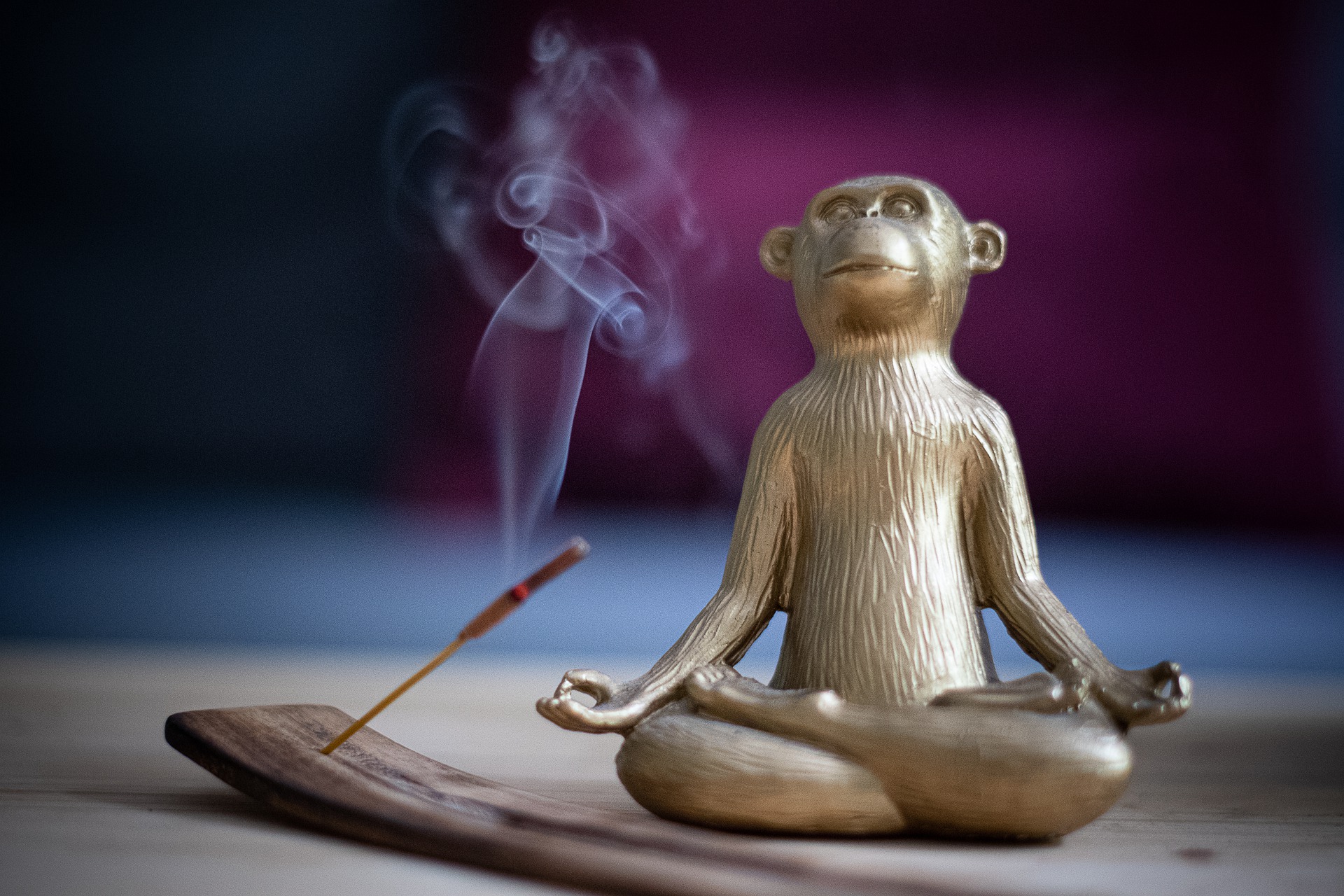A few years back, I interviewed motivational guru Anthony Robbins. I was a guest at his fire walk in Orlando, Fla., where I joined over 1,600 attendees in a stroll across hot coals. In preparing us for the experience, Tony said there were two fundamental techniques. First, repeat aloud the mantra “cool moss” as you walk across the coals. Then he spent about two hours discussing how to control your mental state through physical actions. The message was that motion leads to emotion. As a demonstration, he broke two boards with a skip sidekick. He then encouraged everyone to create his or her own “power move.” This power move, combined with uttering the mantra “cool moss,” would help us create a powerful state allowing us to do virtually anything, including walking across the hot coals.
Watching this diverse group of men and women was interesting – mostly from sales professions and other occupations where motivational courses are part and parcel of the program. They were screaming and contorting their faces. Many were trying to make a martial arts-type move.
Once he had the room in an appropriate state of frenzy, he led us all outside to ten rows of coals. At the front of each row were two of his volunteers. When it was your turn to cross the coals, each “Robbinite” would look you in the eyes to determine if you were “in the proper state,” ensuring that you would shuffle instead of sizzle.
This situation is where it got interesting for me. I’ve never been one to get worked up about things like this. When I kickboxed, I didn’t get nervous. I never thought to jump around working myself into a frenzy did anything but showing my opponents my insecurity about the fight. Instead, I would walk over to my opponent’s corner, smile, shake his hand, and wish him the best. That’s not to say I wasn’t focused, intense, and ready to crush his face. I was. I didn’t need to punch the lockers before the fight to get ready.
I was next in line to cross the coals. The “Robbinite” looked me in the eyes and didn’t see the frenzy level she expected. She determined I was not ready to cross. She insisted I show her my “power move,” so I could get in the appropriate state. I started to laugh, but quickly realized she would pull me from the line if I didn’t fling a chop and snarl. In my life, I have skydived, bungee jumped (scariest of all), and fought in world title matches. I definitely wanted to add walking across hot coals to my bragging rights, so I threw a quick combination, and off I went.
The walk was warm, but no problem. A minute or so later, as I talked with friends, I noticed a super-heated pebble lodged between my toes. It was too late to “cool moss” that sensation away. Ouch! That was Friday night. Tony continued working with the group on Saturday and Sunday to help them, “Turn Fear into Power.” On Monday, I returned to interview him for my TV show.
As a demonstration of how his method accelerated the time it takes to learn something, he earned his Black Belt in eight months with Jhoon Rhee. He was very enthused about the martial arts and seemed to enjoy the hour or so we talked. In the interview, he made a significant point. He said that martial arts are about expressing emotions. The only other person I heard say this was Bruce Lee in his Lost Interview (a must-have, by the way). Bruce said, “Ultimately, martial art means honestly expressing yourself.”
When I first heard them from Tony and then later Bruce, I thought not only had I never heard of such an idea, but it also flew in the face of what I have observed through the years in the arts. To me, martial arts had been about conformity and repeating the past. What gave me or anyone else the right to create something new?
While we all trumpet the confidence-building benefits of martial arts, it seems our colleagues only truly appreciate the expression of yourself as a confident human being to the degree it conforms to the accepted way as defined by the past. As I can attest first hand, to express your feelings, opinions, and ideas honestly is not always met with high regard.
Still, all of the progress we have made in the martial arts is a direct result of those confident enough to express themselves honestly. Bruce Lee, Joe Lewis, Jhoon Rhee, Gichin Funakoshi, Mas Oyama, and others paved the way for us to enjoy a professional lifestyle as a martial artist. Indeed, they blazed the trail for the groundbreaking efforts of today’s leaders like Ernie Reyes, Sr. and Billy Blanks. Please think of the evolution from the first public karate demonstration in 1918 in Okinawa by Funakoshi to today’s elaborate performances by Ernie and his incredible team. Would Tae-Bo have ever come about if Jhoon Rhee didn’t put forms to music in the mid-70s? Who knows?
Truthfully, our lifestyle as martial arts professionals would not be possible if it weren’t for those confident enough to express themselves honestly. Progress is not only practical but critical to the survival of the arts. No one will ever agree on every aspect of the arts, regardless of the source and truth. However, if martial arts is truly about self-confidence, encouraging its participants to question, express feelings, and suggest ideas need to be encouraged instead of discouraged.
We don’t need to walk across hot coals to understand that the goal of martial arts is to become self-dependent. That means, as John Bradshaw teaches, we progress towards becoming a human “being.” A human being is someone who feels they have the right to feel, desire, question, and “be” as opposed to a human “doing.”
A human “doing” is merely playing a role. A human conforms to what he or she feels will please his or her system. This feeling is repression instead of expression. Certainly, martial arts is not about “dishonestly repressing yourself.” However, the arts can only be about confidence to the degree that we encourage people to pioneer, progress, and create new ideas, approaches, and methods.



